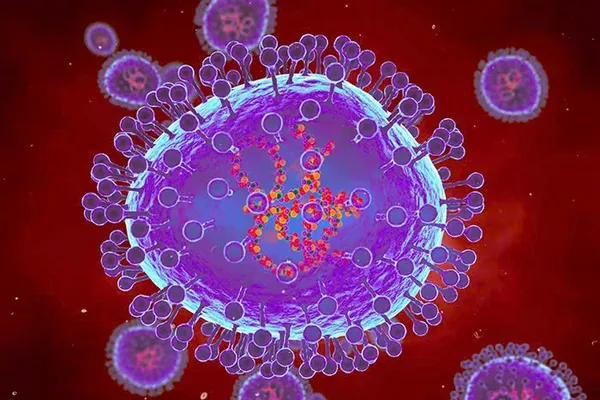 Life & Style
Life & Style
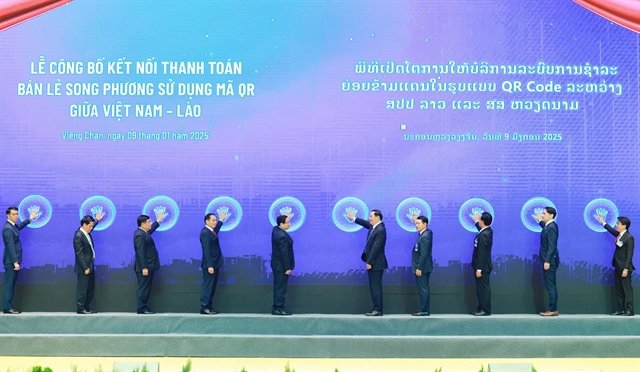
QUẢNG TRỊ The Relic Management Centre and Quảng Trị Provincial Museum have examined nearly 200 local ancient wells to submit a dossier to the culture ministry to seek special national relic site status.
The dossier will be titled "An Ancient System of Water Exploiting in the Central Province of Quảng Trị".
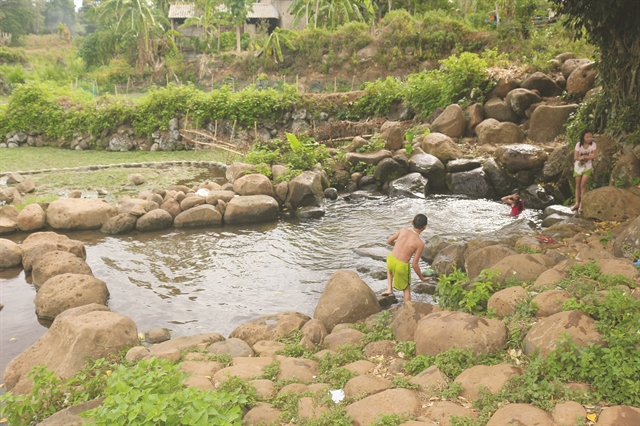
|
| The ancient water source in Gio An Commune has been used for hundreds of years. Photo dantri.vn |
The ancient wells and water exploiting systems are in the districts of Vĩnh Linh, Gio Linh, Cam Lộ, Triệu Phong, Hải Lăng, and Đông Hà City.
After examination, more than 100 wells were selected to be named in the dossier.
Lê Đức Thọ, deputy director of the centre and the museum, said many of the wells have been used by people in daily life for years now but have just been researched by experts recently.
They include wells of hundreds of years of age and wells of the same age with an ancient water system in Gio An District, which was created by ethnic Chăm people some 5,000 years ago.
Many of the ancient wells are still being used.
For example, the water from Đàng well in Tân Văn Village, Gio An Commune, is still used by locals to water plants and provide drinking water for poultry.
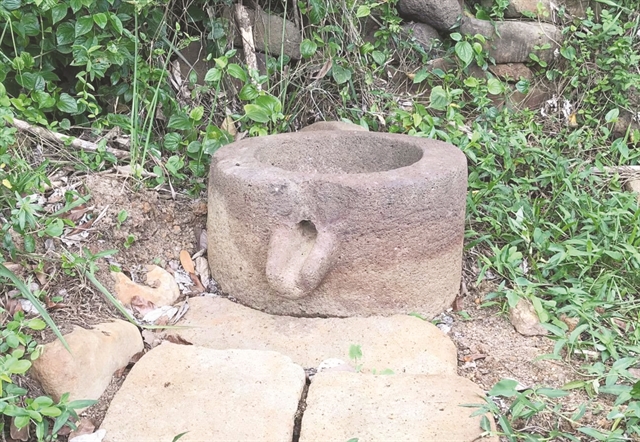
|
| Đàng well in Tân Văn Village. Photo dantri.vn |
The well was built with two round stones measuring some 80cm in diameter and 1m in depth. The upper stone part has a hole and a gutter for the water to run out from the well.
Stones are placed around the stone, creating a stable foundation. The well is now located in a hot pepper garden.
In the province, there are two water systems recognised as national relic sites, namely the Water Exploiting and Treating System in Gio An Commune and Nghĩa An Communal House and Systems of Wells built by Chăm people.
After the same examination, experts from the centre also proposed to remove Nậy Well in Gio An Commune from the national relic list as the well has been almost destroyed.
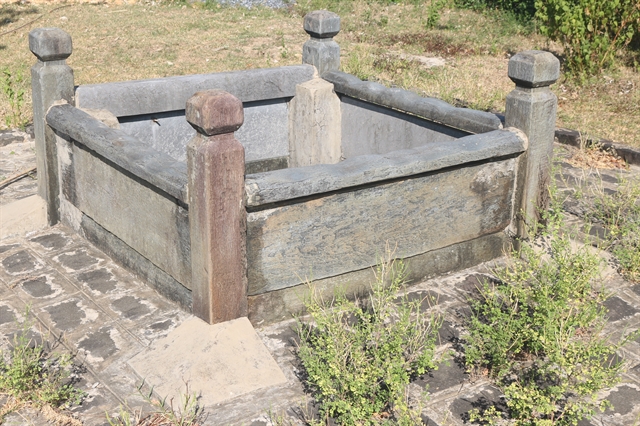
|
| An ancient well, which has been well-preserved. Photo dantri.vn |
Chùa Well in Nghĩa An Village still keeps its original form but the water source is polluted.
The experts proposed local authorities clean the water source to list it among the national relic sites.
They have also suggested removing other wells from the list of provincial relic sites as the wells had been used improperly and destroyed or deformed.
“The experts will plan costs, make scientific and legal dossiers to submit to the ministry,” Thọ said.
The dossiers also aim to enhance people’s awareness in protecting the water wells and local cultural heritage, he said. VNS






